Optimal Timing for Demolition Services
Choosing the optimal time for demolition services depends on several factors including weather conditions, project scope, and scheduling considerations. Typically, dry and mild weather months facilitate safer and more efficient demolition activities. Planning during periods with minimal rainfall reduces delays caused by weather-related issues and ensures safety compliance.
Dry seasons provide better conditions for demolition projects, minimizing risks associated with rain or snow.
Scheduling during off-peak seasons can reduce costs and availability conflicts.
Aligning with local permitting schedules ensures timely project commencement.
Avoiding periods of high wind or humidity helps prevent hazards and delays.

Heavy machinery performing a controlled demolition.
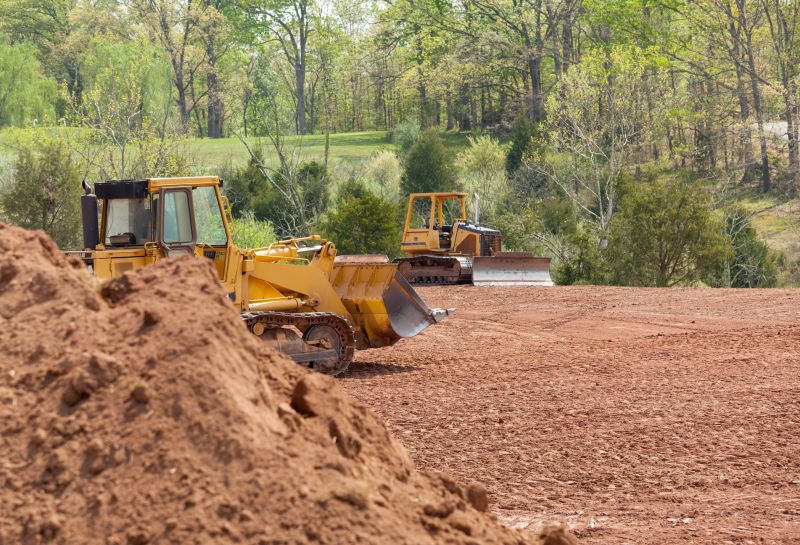
Site cleared and ready for demolition activities.
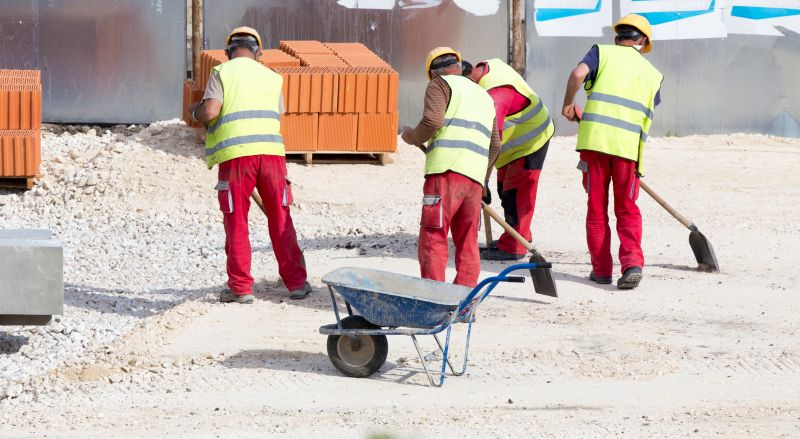
Workers utilizing safety gear during demolition process.

Ways to make Demolition Service work in tight or awkward layouts.

Popular materials for Demolition Service and why they hold up over time.

Simple add-ons that improve Demolition Service without blowing the budget.
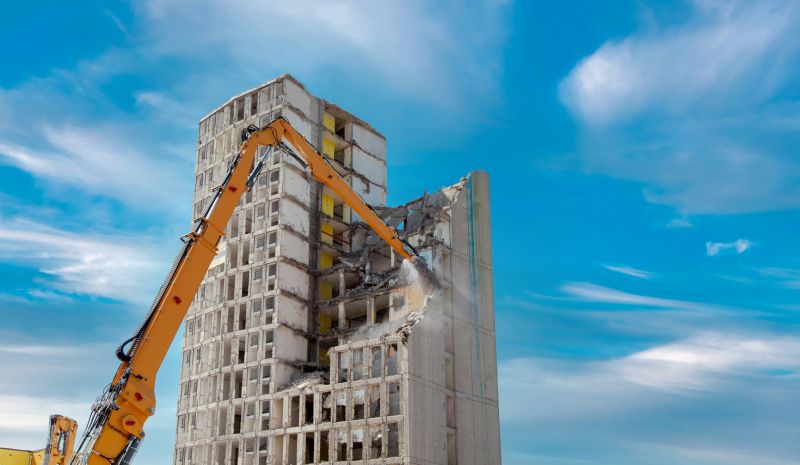
High-end options that actually feel worth it for Demolition Service.

Finishes and colors that play nicely with Demolition Service.
| Factor | Best Time to Schedule |
|---|---|
| Weather Conditions | Dry, mild months |
| Project Planning | Off-peak seasons |
| Permitting | Aligned with local schedules |
| Environmental Factors | Periods of low wind and humidity |
| Community Impact | Avoid peak activity times |
Demolition services involve the systematic dismantling of structures, often requiring careful planning and execution to ensure safety and efficiency. Modern demolition techniques utilize specialized equipment such as excavators, wrecking balls, and hydraulic shears to perform controlled demolitions that minimize debris and disturbance. Proper timing enhances safety, reduces costs, and aligns with project goals.
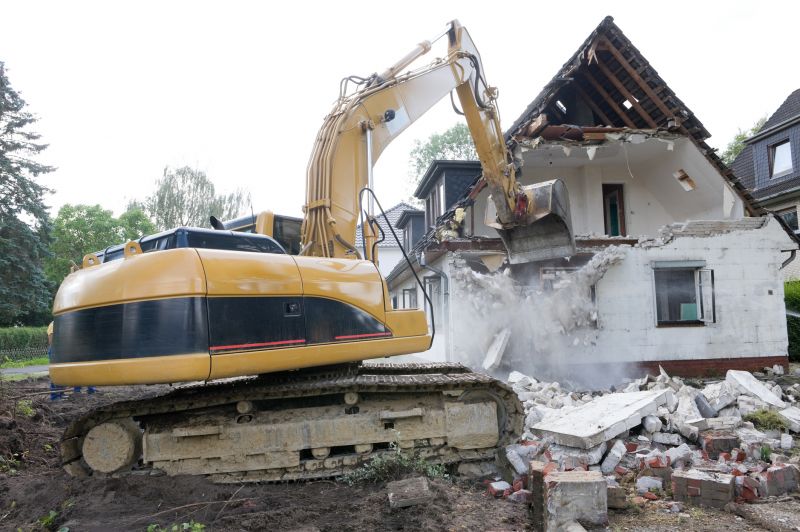
Advanced machinery used for precise demolition tasks.

Clearing and securing the area before demolition begins.

Efficient cleanup following demolition activities.
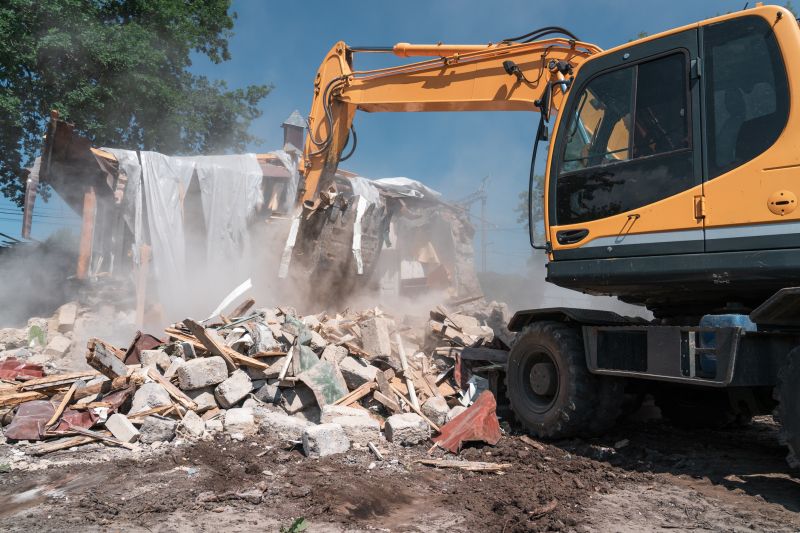
Personnel equipped with protective equipment.

Coordination to ensure safety and efficiency.

Clean and prepared for subsequent construction.
Effective demolition requires careful scheduling to optimize safety and project outcomes. Proper timing ensures compliance with local regulations, minimizes disruptions, and enhances operational efficiency. Planning around weather patterns and project-specific needs is essential for successful demolition operations.
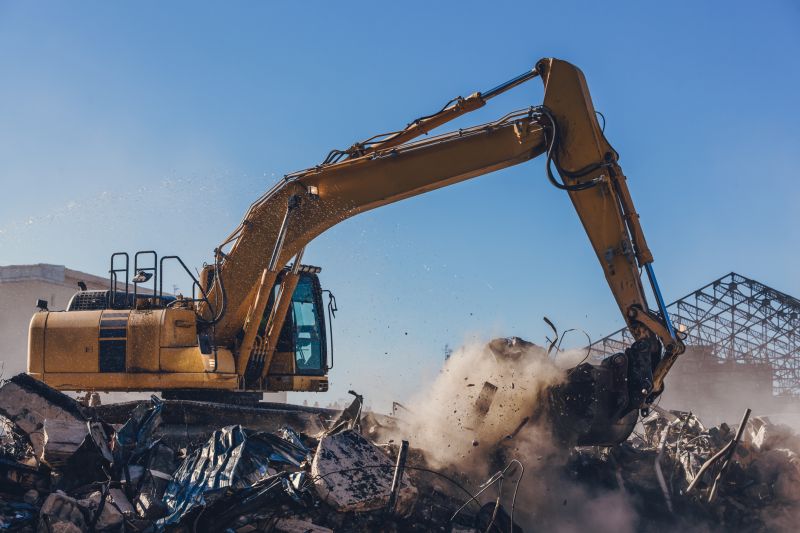
Transporting demolition machinery to the site.

Implementing safety protocols during demolition.
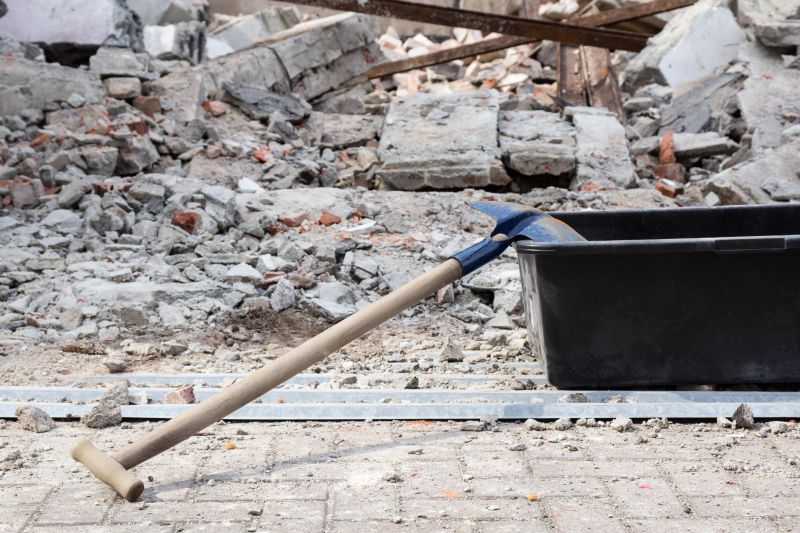
Separating recyclable materials from debris.
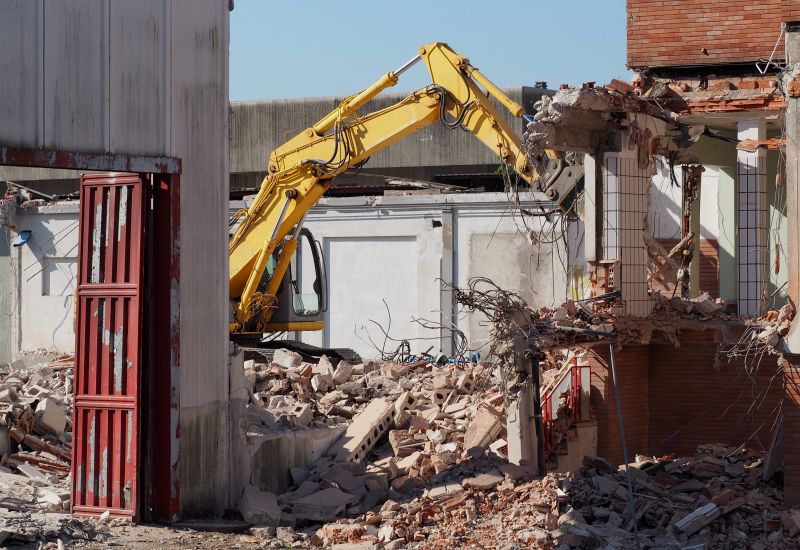
Ensuring site is cleared and safe post-demolition.

Little measurements that prevent headaches on Demolition Service day.
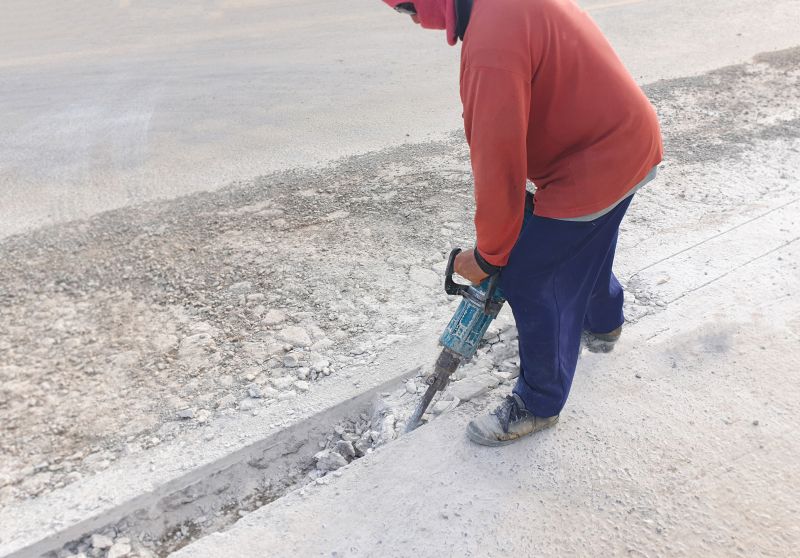
A 60-second routine that keeps Demolition Service looking new.
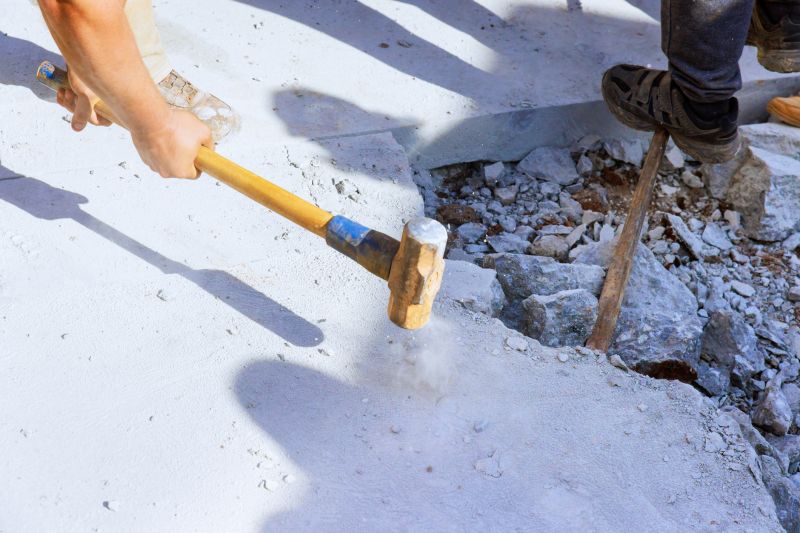
A frequent mistake in Demolition Service and how to dodge it.

Small tweaks to make Demolition Service safer and easier to use.
Interested parties are encouraged to contact for detailed assessments and scheduling options. Proper timing of demolition services ensures safety, efficiency, and compliance with project requirements.
